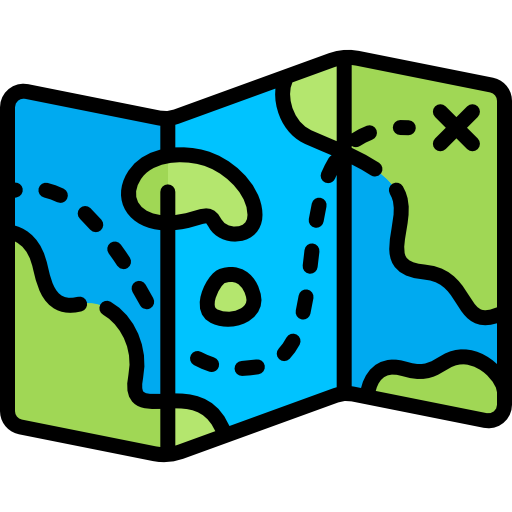

Mmmmm fresh pasta.
For me it is very weird, no one introduced me formally to Lemmy(no one I knew run or heard of it), it felt like it was a legend. I never really got to know how good it was and always felt Reddit and Twitter were lacking, never really in control of your memes, never happy with my content, always downvoting stuff. The years went by and my curiosity only became larger as Reddit and Twitter experience was getting worse and worse. I already had experience shit posting and trolling on 4chan since my school days, so last year I signed up to Lemmy and posted my first meme. Next thing I know my feed is breathing again, the grass was definitely greener here. So I switched for both reasons.



I have somewhat of a pet extension to projection theory… Many people who are anti-gay think that it is a choice as they themselves have made that choice. ie. They are repressed bisexual/gay.
Completely unsubstantiated with no evidence but I find it fun to think about as it would explain their complete misunderstanding of it not being a choice. “I made the tough choice and am living with it, why can’t they?!”